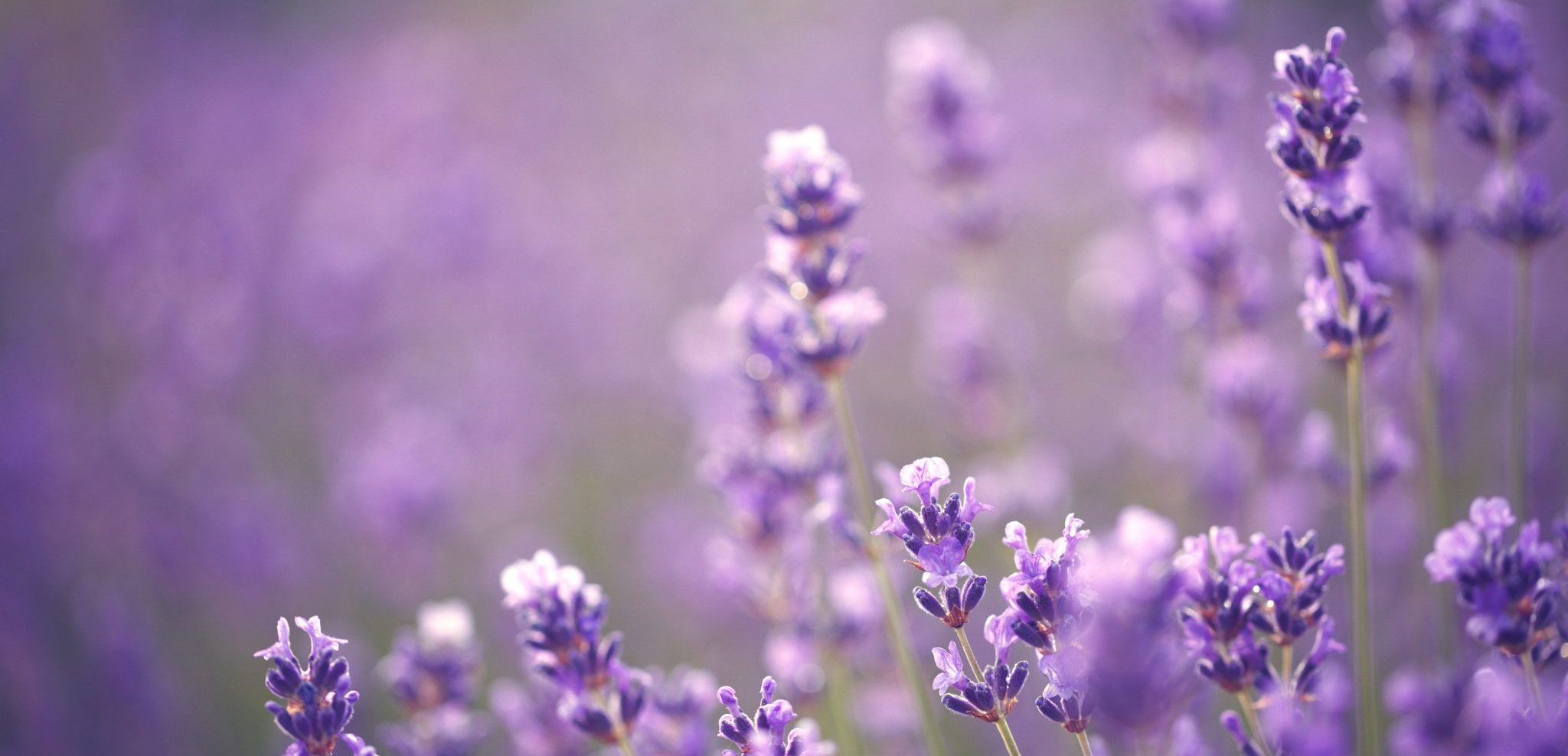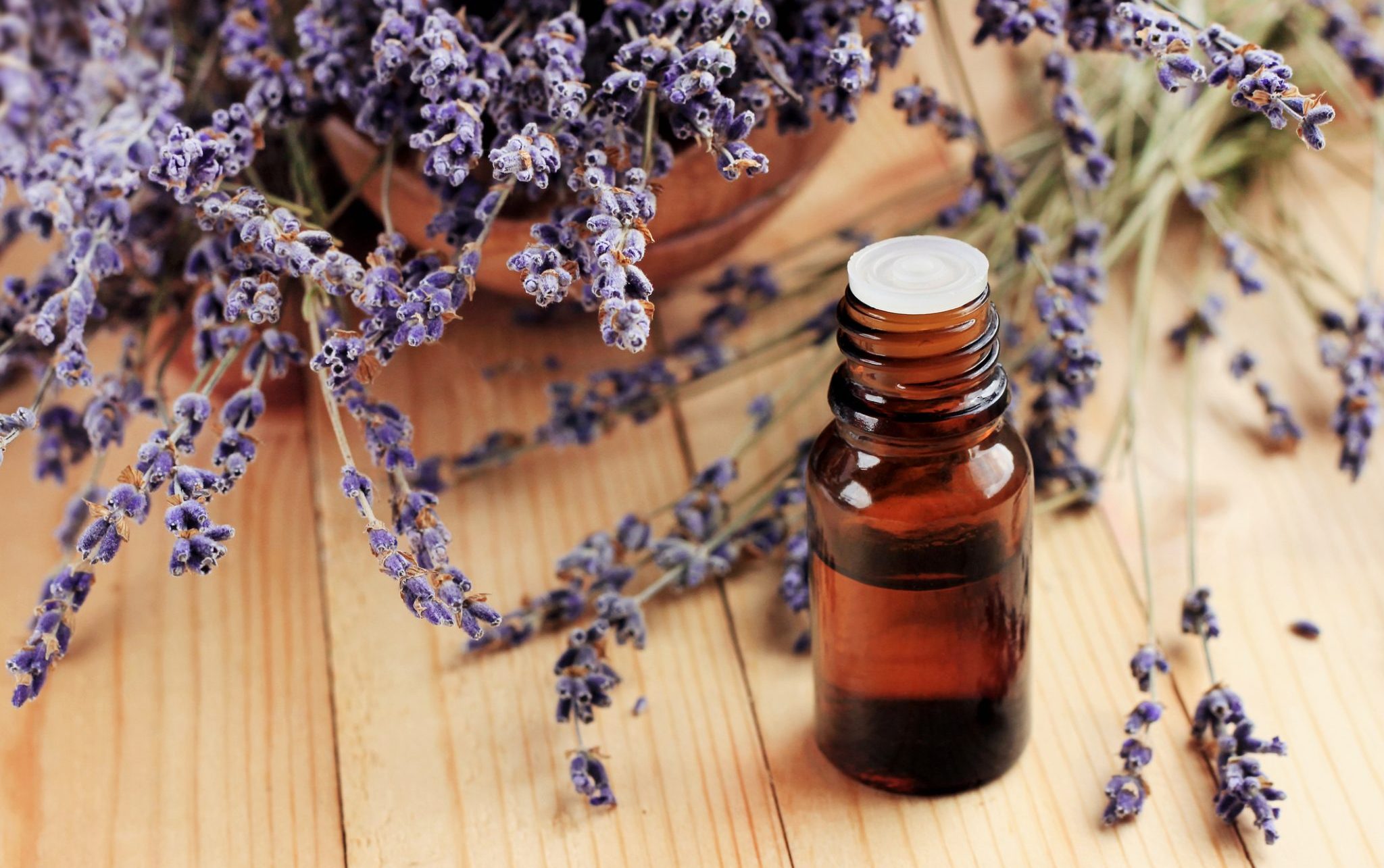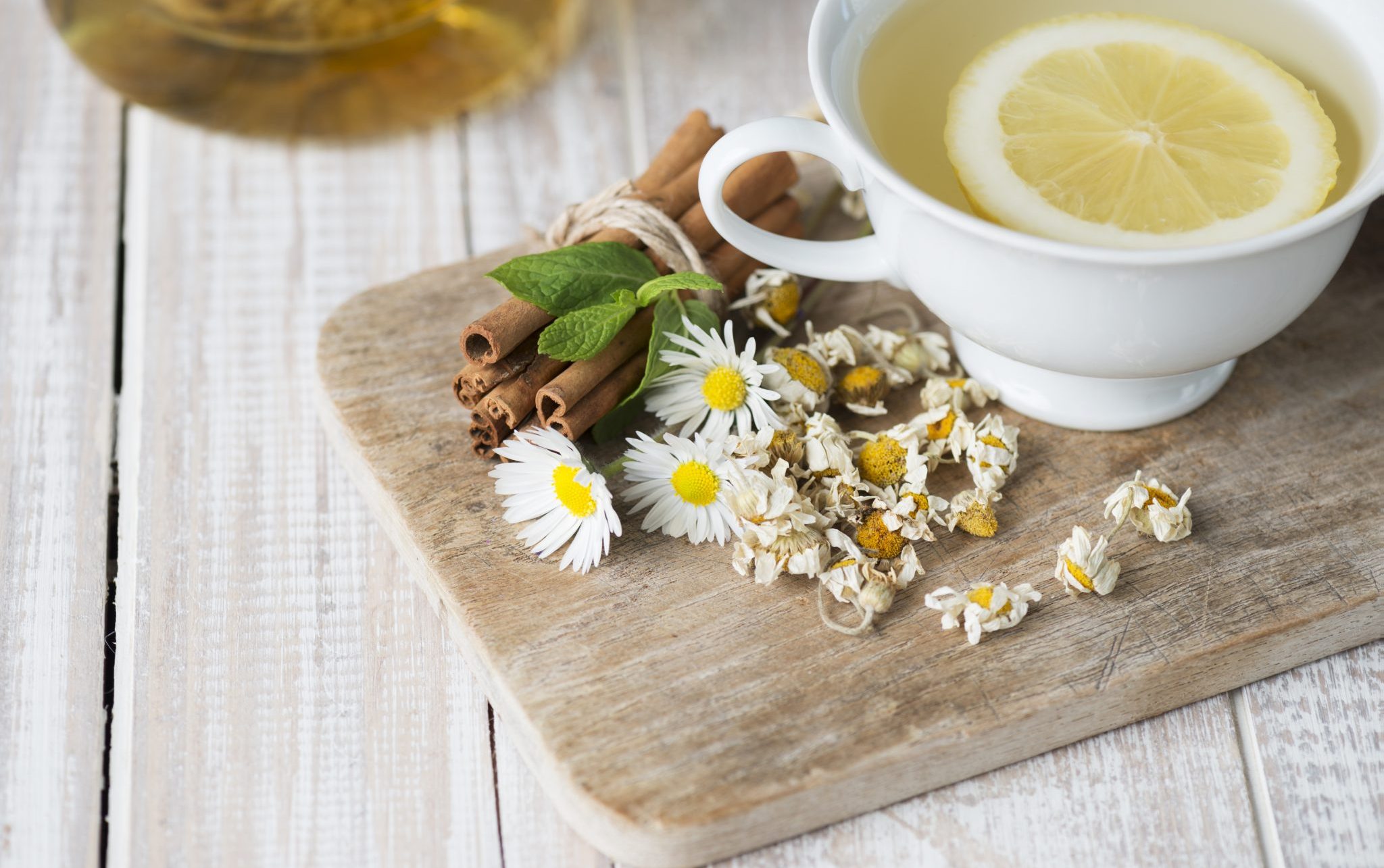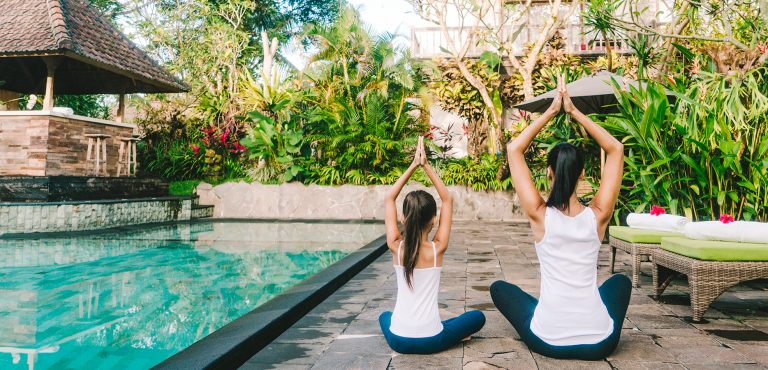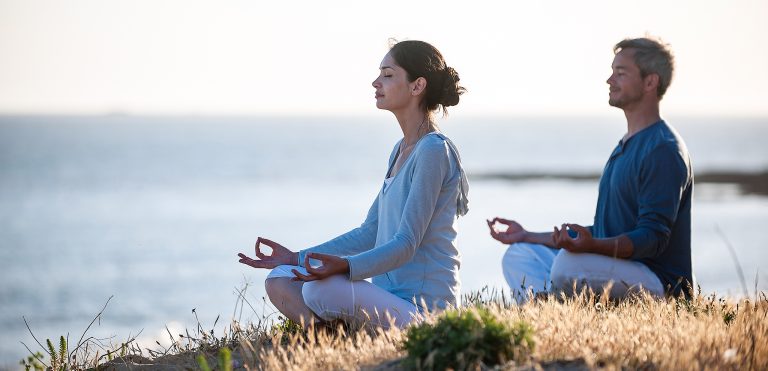A vibrant purple herb with a scent that creates an aroma of calmness and serenity, what else could it be but lavender. If you’ve ever had a sleepless night and asked for some advice, we’ll bet that one of the first tips you were given was to try the oil of this wonder herb as a sleep aid. This age-old solution has been around for quite some time, and it’s not without due reason, many people find that it works exactly as described. The use of lavender for sleep is a well-recognized remedy, but this isn’t an open and shut case, this purple plant has many other benefits. Let’s discover a little more about the herb and its defining qualities to improve your health and well-being.
Lavender fast facts
- Native to North Africa and the Mediterranean, lavender now grows all across Europe, the United States, Australia, and numerous other locations. In fact, it spreads so effectively that it has also been called a weed.
- It’s tough, dependable and classified as a perennial (lasting several years) and evergreen herb. Though it’s hearty, it truly flourishes best in dry conditions, with sandy or gravelly soil.
- The origin of the word lavender comes from the ancient Latin word to wash, lavare.
- Lavender is thought to symbolize luck, success, happiness, serenity, devotion, grace, and purity.
- Despite the close association, not all plants are the famous purple hue, some are more blue, while others are even pink or yellow.
Brilliant tones of healing
It is clear lavender has a diverse and exciting history, but let’s skip forward to the modern day. Today, the plant has found its usage as a solution to various health and wellness woes. Let’s take a look at some of its defining qualities:
1. Sleep improver
“Does lavender help with sleep?” is probably one of the most frequently asked questions out there. That goes double for those suffering from sleeplessness or having trouble relaxing enough to nod off. In short, the answer is yes; the herb has been proven to improve sleep – quality and quantity – due to its sedative and relaxation effects. Though using lavender for insomnia, might not be a cure-all, it can boost your chances of getting a little shut-eye.
2. Reduces anxiety and stress
Feeling wound-up, just can’t relax or feel constantly on edge. While we’re not suggesting that the purple power plant is the solution to all your stress and anxiety woes (and you may need to see a doctor), there is evidence to suggest that lavender aromatherapy isn’t only for sleep, in fact, it can be a handy helper and may lower the levels of stress hormones in the body. Some of the newest uses also include gelatin capsules.
3. Anti-inflammatory and antiseptic agent
While this title might sound grandiose, there is evidence to suggest that lavender can lower inflammation in the body when used in a bath. In addition, the plant as antiseptic qualities, and has been used to treat wounds and prevent infection (though we wouldn’t recommend you try this at home).
4. Ache and pain helper
From backaches to toothaches, this brilliant herb has been used as a pain-relieving helper. Try it as part of a massage or in aromatherapy to feel its benefits. That said, if you’re experiencing severe discomfort, you should contact a medical professional as your pain may have a deep cause.
5. PMS problem solver
If you’ve ever noticed you get slightly more irritated or emotional than usual at a certain time of the month; then it’s possible you have premenstrual syndrome. A study into the herb’s usage suggested that it might be somewhat effective in reducing the intensity of PMS symptoms when used in aromatherapy.
In addition to these benefits, lavender also finds its uses as a beauty product and is a sought-after additive in many creams, balms, and solutions. It can also be used in cooking to create a unique taste – we highly recommend trying a lavender latte.
How can I use lavender?
From concentrated oil to fresh to capsule form, lavender has a variety of forms and appearance, each with their own nuances.
…as an essential oil.
In this form, the herb best serves as part of a cream for a relaxing massage, diffused as part of an aromatherapy session, or even by placing a few drops on your pillow, using lavender for insomnia.
…as a capsule.
You may have heard of St. John’s Wort as a treatment for depression. Well, they say that lavender capsule might be just as effective in the fight against anxiety. We recommend checking with a doctor before imbibing, but this might be one to consider in addition to other therapies.
…pure and fresh.
Whether you have a vase sitting on your desk or you add it to your bath. There are undeniable benefits to having a fresh supply of the herb at your disposal. Crumple some up to release the scent, you can even rub the oil into your temple (carefully) for immediate relaxation.
Alternatives to lavender as a sleep aid
The purple plant may be the queen of sleep and relaxation therapy, but if it’s not your cup of tea, you’re experiencing some side effects from its use, or you’re unable to take it due to interactions, you should consider a total avoid. Especially if any of the below apply to you:
- If you take medication for your blood pressure.
- If you are having surgery in the near future.
- If you are pregnant or breastfeeding.
- If you have a hormone-sensitive cancer.
- If you take other sedative medications.
Luckily, there are some great alternatives you can explore:
Ylang ylang
Made from the flowers of the Cananga odorata plant, Ylang Ylang is noted for its relaxation benefits among its other qualities and is even used as a key ingredient is the famous Chanel No.5 perfume.
Valerian
A medicinal herb that is native to Europe and some areas of Asia. Valerian acts as a sedative on the nervous system, which helped earn it its reputation as a helper for insomnia and anxiety. The plant is commonly found in tablet form but may also be used as an oil.
Chamomile
Commonly used as a tea infusion, chamomile is a relaxing drink with numerous health benefits. A few sips are said to reduce anxiety, aid insomnia, and may help in reducing stomach complaints.

